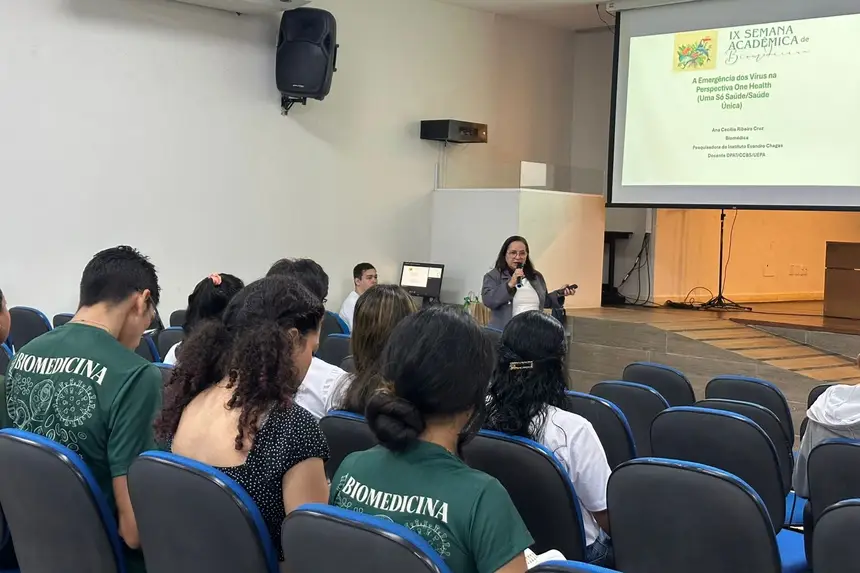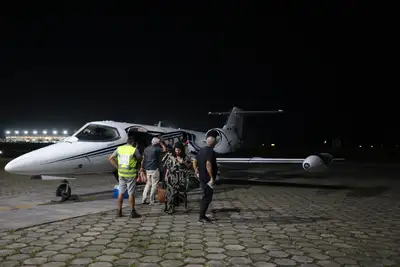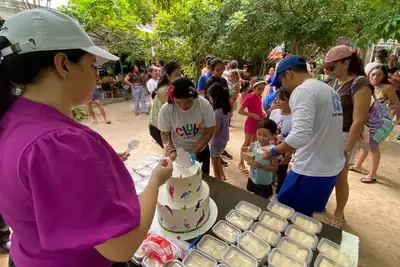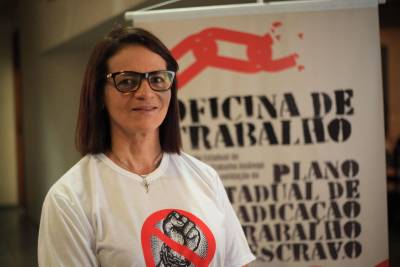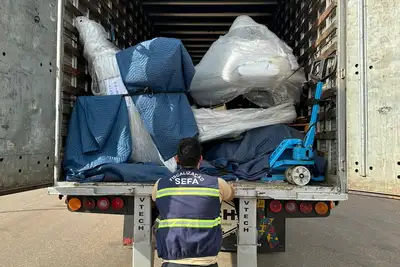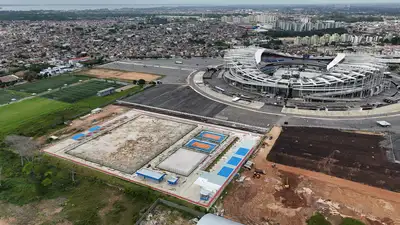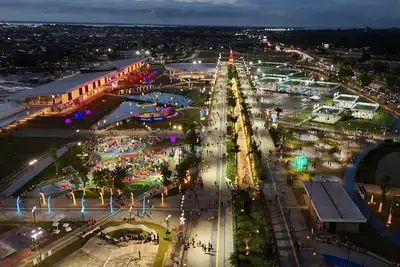Uepa holds the IX Academic Week of Biomedicine focusing on health and sustainability
The event features lectures, a round table, and mini-courses over three days, and also takes place in homage to Biomedical Day.
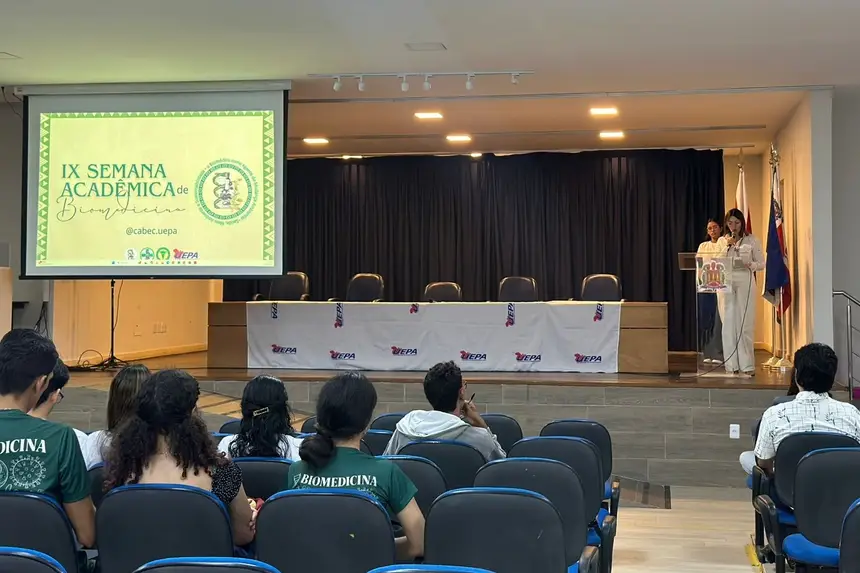
The State University of Pará (Uepa), through the Evandro Chagas Academic Center of Biomedicine (Cabec) and the coordination of the Biomedicine course, is holding the IX Academic Week of Biomedicine from November 27 to 29 at the Ueafto auditorium, in campus II, Center for Biological and Health Sciences (CCBS), in Belém. The event, themed Health, Environment, and Sustainability: the Biomedical as an Agent of Environmental Change, brings together lectures, a round table, and mini-courses over the three days; it also occurs in homage to Biomedical Day, celebrated on the last day, the 20th.
The event aims to promote a broad exchange of experiences, stimulate scientific dialogue, and contribute to the strengthening and qualification of biomedical practice. It is open to the public, with registrations through this link. The activities on the 27th include lectures focused on discussing biomedical practice in the face of environmental challenges. The mini-courses, on blood count interpretation; basic techniques in microbiology and practices in blood collection, will take place on the 28th and 29th, and will issue certificates of complementary hours.
The Biomedicine Week 2025 strengthens the training of future biomedics. According to the biomedicine students organizing the event, Lívia Borges and Maria Eduarda Bentes, president and vice of Cabec, the Academic Week of Biomedicine represents an essential moment to integrate academia and professionals. According to the organization, the program promotes integration, scientific updating, exchange of experiences, and encouragement of academic production.
The theme of the event resonates with the need to discuss how environmental factors directly influence human health, broadening the biomedical perspective beyond the laboratory. "We seek to highlight the professional's role in environmental surveillance, in the analysis of socio-environmental impacts, in health education, and in promoting sustainable practices," said student Maria Eduarda.
Course - The implementation of the Biomedicine course at Uepa arose from the need to train qualified professionals for clinical analysis, research, and public health in Pará, meeting the growing demands of the sector and contributing to the interiorization of higher education. With a methodology that integrates theory and practice, the biomedical, neuroscientist, and coordinator of the Uepa course, Monica Lima-Maximino, explains that the course has undergone updates over the years, maintaining a focus on the technical and scientific training of biomedics. Initially offered in Belém and Marabá, it expanded its reach with classes from the Forma Pará program (in the municipalities of Ananindeua, Soure, and Cametá) and with the agreement with the Municipality of Canaã dos Carajás, reinforcing its social commitment in the region.
The adaptation of the Uepa Biomedicine course to the regional reality is permanent and aligned with the needs of the Amazon context. "In the face of challenges such as epidemiological diversity, the qualification of laboratory services, and the interiorization of health, the course adjusts its formative practices, strengthens partnerships, and encourages projects aimed at the state's demands. Among the services offered to the community by Uepa are the services in the Clinical Analysis Laboratories, providing essential support to the population, and various extension actions on campus, which promote health education, prevention of ailments, and assistance services, strengthening the social role of Biomedicine," highlights Mônica, a professor for 12 years at Uepa.
Text: Diane Maués


